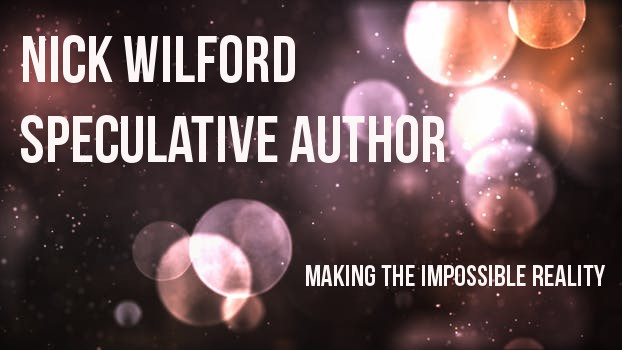Well, that's what this post is about: the importance as a writer of taking a break now and again. Putting your feet up. Getting those Z's in. I'm on holiday right now, hopefully, as you read this, doing exactly that (my long-suffering wife will attest to my snoring problem).
Walk away, if only for a couple of days. Indulge in another of your favourite pastimes, such as watching a movie, or take the kids to the beach. Try to put all thoughts of your WIP out of your mind. When you're immersed in writing every day, focussed on meeting those daily word counts, you sometimes can't see the wood for the trees. (And you get tired and end up slipping in cliches like that one!) If you remove yourself for a while, you might just find that the right way forward comes to you of its own volition. Even if you're not stuck, a pre-planned holiday is a good opportunity to take stock.
The end of a first draft is also a great time to take a break. It could be what spurs you on to get to the finish.
I've certainly found that time away has helped me think about how to address problems in my writing. How about you?
And what about your plans post-Challenge? A well-earned rest, or are you straight back to business?
NB: As I mentioned, I'm currently on holiday until May 13th. I will do my best to respond to comments while away, but if not, rest assured I will get back to you on my return!

